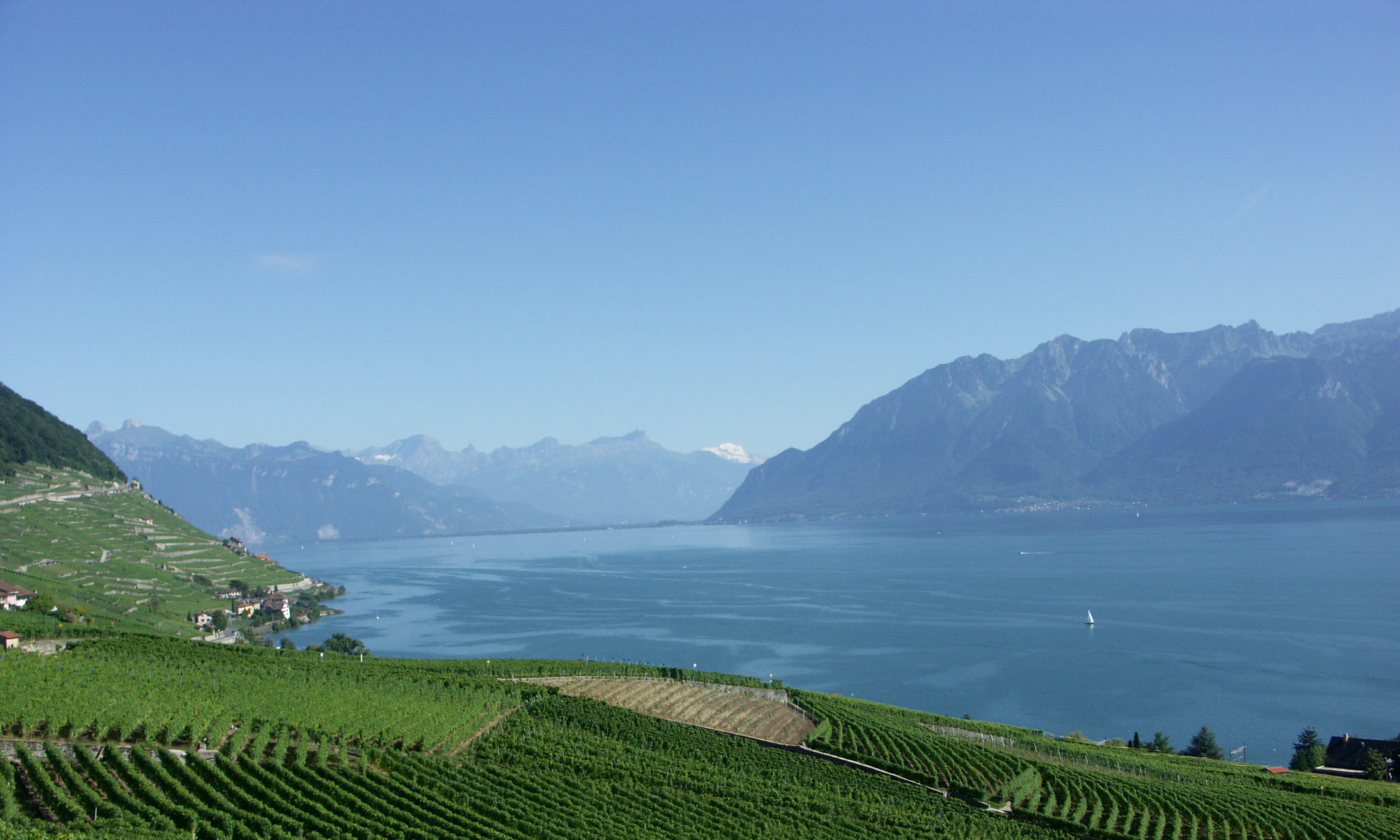To reply to this question use the “Leave a reply” box/field at the bottom of this page.
27 Replies to “Question 5: Is there anything more WMO can do to make the government agencies that fund your operational hydrology activities more knowledgeable about the efficiency and essential character of these services to the social and economic well-being of your country? How does your Service relate with the disaster/emergency, agriculture, health and other relevant national agencies, academia and private sector?”
Comments are closed.


Question 5.1. I am agree with comments to question 5.1. which were given by MrJan Danhelka and Mr Andreas Schumann.
Question 5.2. The issue of interaction of the Hydrometeorological Service of Ukraine with state authorities, sectors of economy and population is regulated by legislation, as well as by bilateral agreements with certain kinds of users of products and services.
Partnership and collaboration by WMO and the Ministry of Finance and Economic Development that funds our operational hydrology activities can make them more knowledgeable about the essential character of these services to the social and economic well-being of our country. Our NHS has entered into Memoranda of Understanding with academia to collaborate in research issues, is a member of the National Disaster Management Technical Committee (NDTMC) and supports the National Disaster Management Office (NDMO) with operational flood forecasting to assist in flood mitigation and response.
5. Information about hydrological dangerous phenomena is provided to end user in order to take timely measures to prevent and minimize the effects caused by the phenomenon. The main end users of hydrological information are government agencies, local executive bodies, industries and emergency commissions.
Bonjour
Q5. A mon avis, le suivi hydrologique rencontre des difficultés dans nos pays plus que la climato pour des raisons suivantes:
1. Les états n’accordent pas de budget conséquent pour l’hydrologie au même titre que l’hydraulique;
2. Aucune politique d’autofinancement du secteur hydrologique comme la météo, ne serait-ce que les activités de base comme l’observation, la maintenance des stations hydro ….etc.;
3. Les projets hydrologiques peinent à avoir du financement malgré les multiples organismes des bassins;
Comme la météo, L’OMM devrait un peu plus se pencher sur l’hydrologie afin d’amener les états à financer davantage l’hydrologie oú trouver un mécanisme de financement durable sur le plan mondial par des textes , charte ou tout autre moyen à faire ratifier par les états.
Merci
Desde la perspectiva del sector académico, éste realiza investigación aplicada y brinda asesoramiento al estado y desarrolla productos o herramientas operativas, por ejemplo para gestionar las emergencias hidrológicas y la irrigación sustentable. Sin embargo, la principal carencia es la falta de recursos económicos y/o humanos para desarrollar estos programas de investigación aplicada a la hidrología operacional. En ese marco, es necesario fomentar convenios con diferentes fuentes de financiamiento internacional que permitan apoyar el desarrollo de estas actividades.